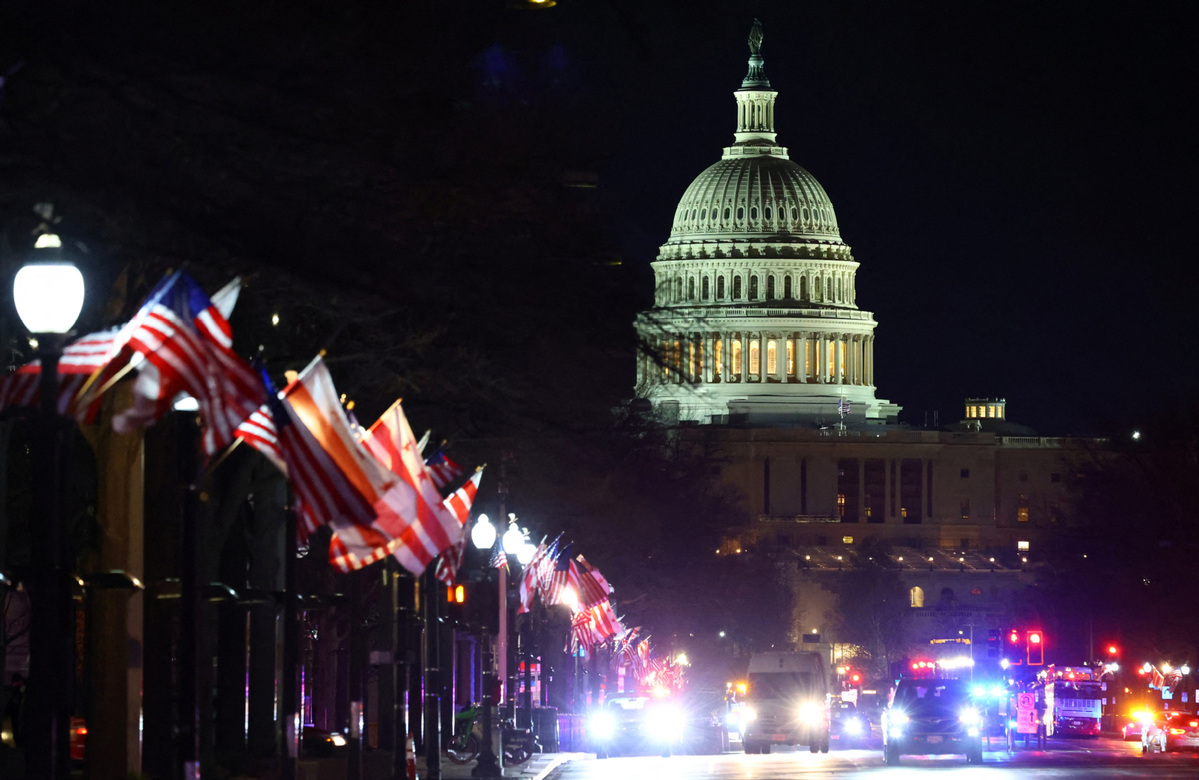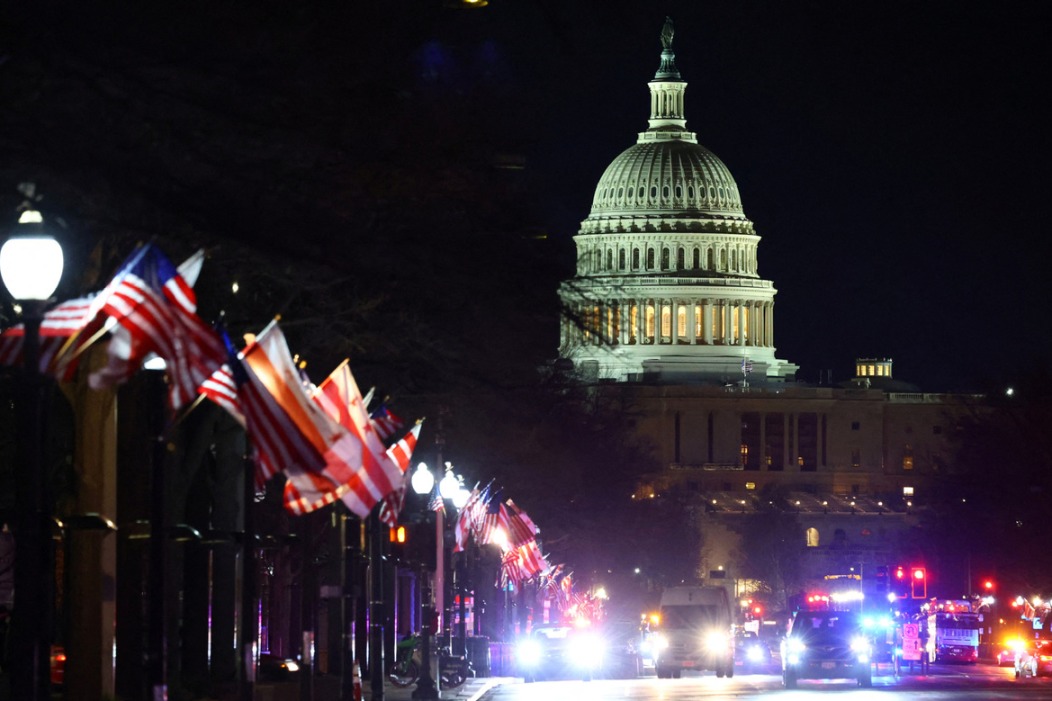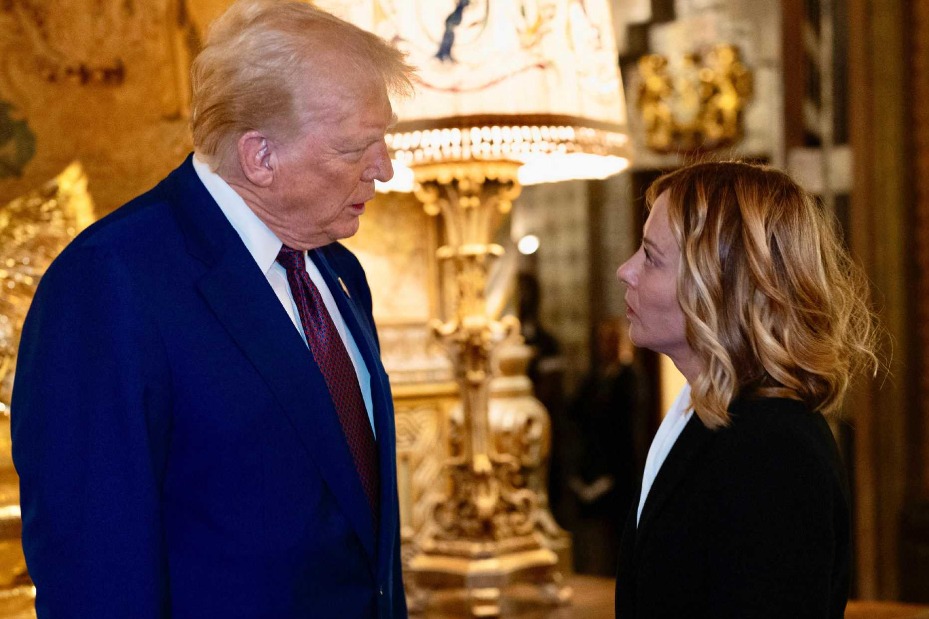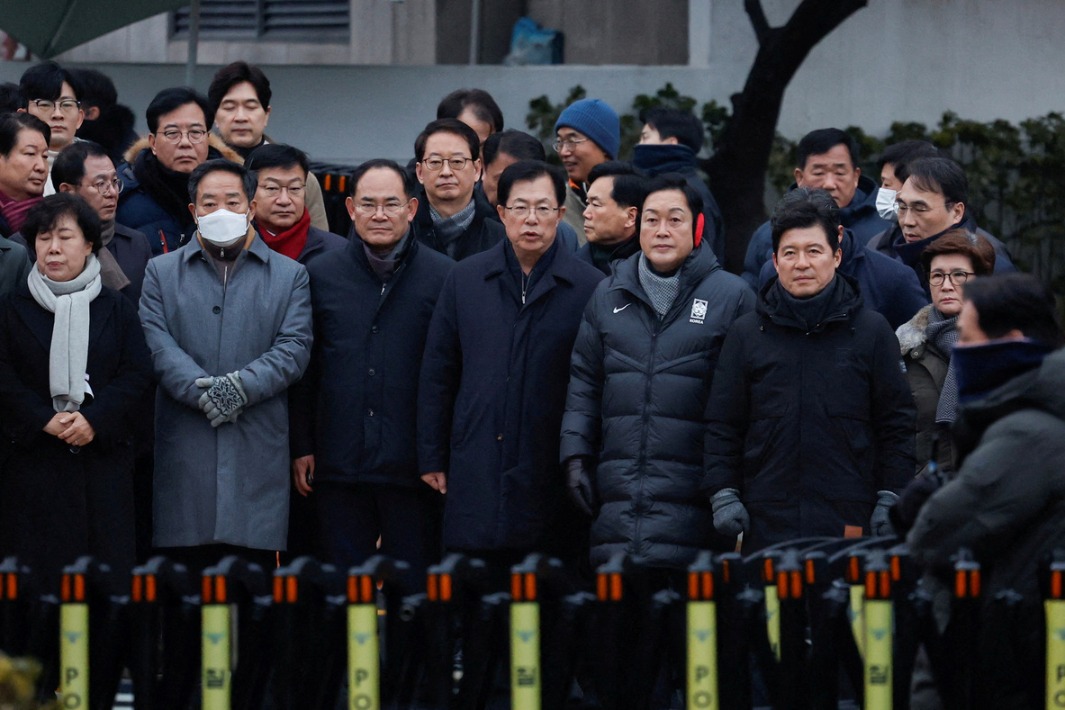Quad's future looks dim as Trump returns
'America First' policy may undermine collaboration amid diplomatic shifts


The 20th anniversary joint statement from the Quad highlights uncertainties facing the group as Donald Trump is to return to the US presidency, experts say, warning that his "America First" approach could weaken the Quad's internal cohesion.
On Dec 30, the US Department of State released the Joint Statement from the Quad Foreign Ministers Commemorating the 20th Anniversary of Quad Cooperation. The statement, tracing the Quad's origins to the 2004 Indian Ocean earthquake and tsunami, declares that Australia, India, Japan and the United States "share a vision of a free and open Indo-Pacific" and are "committed to working together in responding to the future needs of the region".
However, experts say the statement is markedly shorter than the one released in July, pointing to the lack of detailed plans for cooperation, which reflects the impending change in the US administration.
Sun Xihui, an associate research fellow at the National Institute of International Strategy at the Chinese Academy of Social Sciences, said the presidential transition has led to the Joe Biden administration's lack of focus on the Quad.
"As a key promoter of the Quad, any decrease in the US' commitment is sure to affect the entire mechanism, prompting caution among other members about their engagement," Sun said.
The statement notably omits any direct mention of China. Qian Feng, director of the research department at Tsinghua University's National Strategy Institute, attributed this outcome to recent improvements in bilateral relations between China and Quad members Australia, India and Japan.
The three countries want to avoid harming their bilateral relations with China by being too aggressive on anti-China issues, he said. "Directly naming China in the statement could provoke a strong reaction, negatively affecting their interests and diplomatic relations. They chose to avoid mentioning China to leave room for diplomatic flexibility."
Improving relations
Recent diplomatic activities reflect this trend of improving relations. Last month, Chinese Premier Li Qiang and Foreign Minister Wang Yi met separately with Japanese Foreign Minister Takeshi Iwaya during his first visit to Beijing in his current post.
Wang and Iwaya also attended the second meeting of the China-Japan High-Level Consultation Mechanism on People-to-People and Cultural Exchanges, reaching a 10-point consensus on deepening cooperation in various areas.
Similarly, China and Australia celebrated the 10th anniversary of their comprehensive strategic partnership over the past year, with both sides making progress in economic and trade cooperation.
China-India relations have also shown positive signs. Last month, the 23rd meeting of the Special Representatives for the China-India Boundary Question was held in Beijing after a five-year hiatus.
During his visit, India's Special Representative and National Security Adviser Ajit Doval expressed India's willingness to strengthen strategic communication with China, expand mutually beneficial cooperation and inject new impetus into bilateral relations.
Chen Xiaochen, executive deputy director of the Centre for Asia Pacific Studies at East China Normal University, said the warming relations between China and the three Quad member countries reflect adjustments in the latter's diplomatic strategies concerning the US in anticipation of Trump's second term.
Affecting cohesion
"Trump is likely to continue to push the Quad mechanism to serve his 'Indo-Pacific' strategy. However, his strong 'America First' stance might cause reservations among the other Quad members, affecting the group's cohesion in the short term," Chen said.
Following last week's joint statement, Japan's Kyodo News reported that the future of the Quad has become uncertain because of the upcoming Trump administration's "America First "policy and its disregard for international cooperation.
Ichiro Fujisaki, former Japanese ambassador to the US and president of the America-Japan Society, told Chinese news portal The Paper that the prospects for the Quad are not very optimistic.
Chen said that while the Quad mechanism is very likely to continue under the Trump administration, the other three member countries may also seek to strike a middle ground between China and the US, "balancing politics with economic and trade, at least to some extent".
In addition, the Quad mechanism could continue to negatively affect regional stability, Chen added.
"It has significantly elevated the importance of geopolitical issues in the Asia-Pacific, forcing regional actors to address rising tensions, which inevitably undermines progress in regional free trade.
"Moreover, while the US-led push for decoupling from China is generally unpopular, it still has a negative effect on regional free trade, which is likely to increase during a second Trump term," Chen said.
Sun of the Chinese Academy of Social Sciences echoed this view, suggesting that Trump may strengthen the Quad's cooperation in security and trade, pushing the group to serve his "Indo-Pacific strategy".
"This could be detrimental to the stable situations and economic development in the region," Sun added.

































